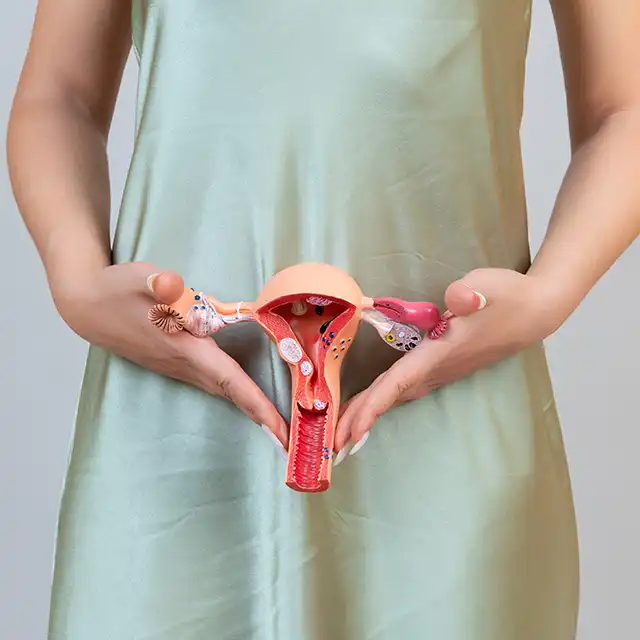
Allergies are the reactions of the body’s immune system to something that is usually harmless. The substance that triggers the allergic reaction is called an allergen. Allergens can be certain food items, pollen, shedding from pet animals, materials like latex and so on.
During an allergic reaction, antibodies are released by the immune system to fight the allergen. As a result, cells release a chemical called histamine that increases blood flow to the area. This sets off the process of allergic reaction to fight the foreign body or allergen.
Symptoms
Depending on the severity, the symptoms may be these:
- Mild: These are usually limited locally to the region where the allergen contacted the body. It may be in the form of contact dermatitis which causes itchy skin, rashes, and raised red patches (hives). This is commonly seen in babies.
Hay fever, a common condition, manifests as itching of the nose, throat, eyes, watery nose, redness in eyes, sore throat, sneezing and cough.
- Moderate: These symptoms may spread to other parts of the body causing generalised itching, swelling, and breathing difficulty.
- Severe: Such symptoms are life-threatening and are called anaphylaxis. The entire body is affected by the allergen. It may start with severe itching of the face and swelling around the eyes and lips. There may be severe stomach pain and cramps, vomiting and diarrhoea. When deep tissues of the throat and the digestive tract get swollen, there is difficulty in breathing, with sudden decrease in blood pressure and shock. This is a medical emergency.
Causes
- Genetic, environmental or other? The exact cause of any allergy is not conclusively known.
- Allergens in the air, like pollen, can cause asthmatic reactions and can make an existing asthma condition worse.
- Hay fever (allergic rhinitis) occurs immediately on exposure to pollen, dust and pet sheddings. Like allergic asthma, hay fever is mostly seasonal.
- Certain food items like peanuts, dairy products, eggs, spoiled fish, etc may cause severe allergic reactions.
- Insect stings, touching plants like poison ivy, wearing or coming into contact with latex, certain metals like nickel, chemicals like solvents, hair dyes and fertilisers etc can cause contact dermatitis.
- Certain medicines. Doctors follow a standard practice of checking for an allergic reaction before they inject penicillin or certain painkillers and antibiotics in order to prevent aftereffects like an anaphylactic shock.
Diagnosis
If symptoms of allergic reactions show up, it is best to get a proper diagnosis done. A proper history can help to identify and thus avoid the allergen and prevent any reaction in future.
Here are certain lab procedures to determine common substances that trigger reactions.
- Skin test: The skin is pricked with a minute portion of different allergens. The spot is marked with a pen and observed for any reaction after a few minutes. It is a very sensitive test. If there is redness or raised spots, it indicates allergy to a particular substance. It is routinely performed to check for allergy to penicillin.
Sometimes a small amount of the allergen is injected into the skin’s outer layer. Certain medicines and insect bites may require this kind of testing.
- Patch test: A few drops of allergens are spread on the skin and patched up with bandage. After 2-3 days, the skin is observed to check for any rash or other reaction.
- Blood test: This is done to check for levels of antibodies like IgE, produced by the immune system.
Treatment
- The best approach is to identify the allergen and avoid it.
- Mild redness of skin, rashes and localised swellings can be treated with ice packs and anti-itch creams.
A few medications are commonly prescribed for allergic reactions:
- An antihistamine tablet is advised to be taken ahead of the exposure to the allergens.
- Nasal sprays with steroids.
- Nasal rinse kits help to clear blocked and stuffy nostrils.
- Nasal sprays with antihistamines.
- Asthma medications, inhalers with bronchodilators.
- Immunotherapy can be tried if regular medications do not remedy the reaction.
An allergy-caused reaction called an anaphylactic shock requires immediate injection of epinephrine and hospital care.
It is important that patients who recover from an anaphylactic shock episode always remember to mention it to any physician they may consult in the future. It is also essential for them to keep a vial of epinephrine available at home.

















